How do you know when the New England Fishery Management Council has made a good decision?
Virtually nobody is happy.
Cynical? Perhaps, but that has seemingly been the case with recent council actions that have spawned a firestorm of reactions – often negative – from within the fishing industry, the environmental community, and in the popular press.
Does the council system have its flaws? Sure.
But it’s the best we have – and now seems an appropriate time to say a few words in defense of the process and the people who participate in it.
Not that long ago, as many of you can recall, there was a movement to dismantle and abandon the council process.
It was broken, critics said, pointing to the failures in resource management here in New England.
There were those who felt the council had functioned as more of an advocacy group for industry than as a responsible steward of the stocks within their scope of management.
In retrospect, there may have been elements of truth to that criticism. But at the end of the day no one could present a better alternative to the council process and the business of rebuilding trust and credibility got underway.
So put yourself in the shoes of the men and women who agreed to serve on the council in those years, in that climate, constantly under fire from watchdogs who were proving themselves to be adept at stalling or skewing the management process through the power of the courts. Not a fun time.
But somehow the council process prevailed and, in our view, got better.
It could be argued that for a period of time many fishermen felt abandoned by both the National Marine Fisheries Service (NMFS) and the council. There were those who believed anti-fishing forces had stolen the show and that resource management had become less about protecting fishermen, access, and fishing communities and more about staying out of the courts.
Some still feel that way.
And to a degree, that is a valid criticism of the process.
But council members had to find a way to move the management process forward and break the blockade. That required compromise – a dirty word to most fishermen.
We would argue that over time the council process mended itself – not perfectly by any means – but back to a place where work is getting done on a reasonably timely basis and, while council actions may not be popular, they do withstand the credibility test.
That’s progress.
Which leads us to make the following observations about what, in our view, should be expected of the council process and the people who serve.
Integrity. The cornerstone of council credibility is the personal and professional integrity of the people who serve. We believe this council passes the integrity test.
Are there times that personal bias or a professional agenda affects the process? Sure. That’s why the council is comprised of several seats, representing differing points of view, and in our opinion, usually balances out in the end.
Because council members are affecting peoples lives and livelihoods with nearly every action, the backlash gets personal at times. Can’t be helped.
But we are here to say these are just regular folks, putting in a lot of long hours, just trying to do the best they can. Give them a break.
Balance. For the council process to work its actions cannot be shaped by any one constituency or mindset. There has to be a constant effort to balance big boats versus small, one species versus another, and always – the good of the industry versus responsible protection of the resource.
In its recent actions, we would commend the council for striking a reasonable balance between stewardship and sensibility. These decisions don’t come easily and narrow split votes speak to the differing views within the council itself.
That’s how the process works. Or, at least how it is supposed to work.
And finally, transparency. You can find all the fault in the world with the council, its members, and/or its actions. But it is all done openly and with lots of opportunity for industry input (though maybe sometimes not enough). There are no hidden back room deals here. What you see is what you get.
Like many of you, we frequently don’t agree with or embrace specific council actions. But that said, we do respect the process and the people who serve.
We would encourage you to do the same. /cfn/
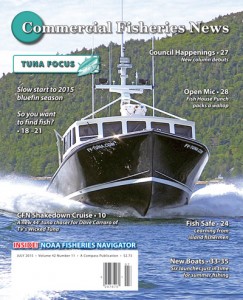 Read the rest of the July issue of Commercial Fisheries News.
Read the rest of the July issue of Commercial Fisheries News.
Get a Print edition of CFN mailed to you. PRINT
Quickly enjoy online access with our flip-book. ONLINE
(Read online flip-book immediately with access key and download a copy. Not sure?)
Save Big when you Subscribe!


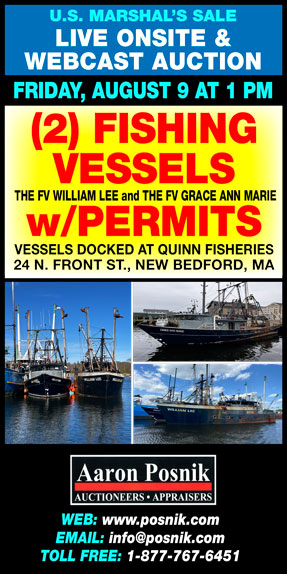
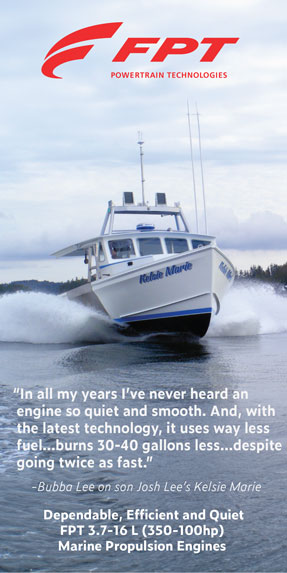
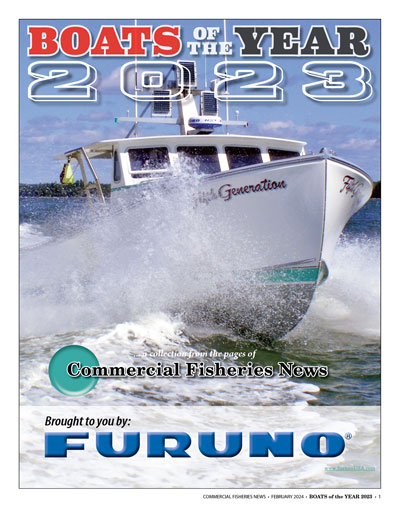
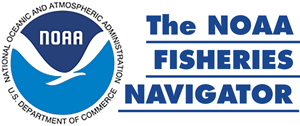

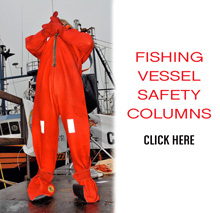
 Updating...
Updating...